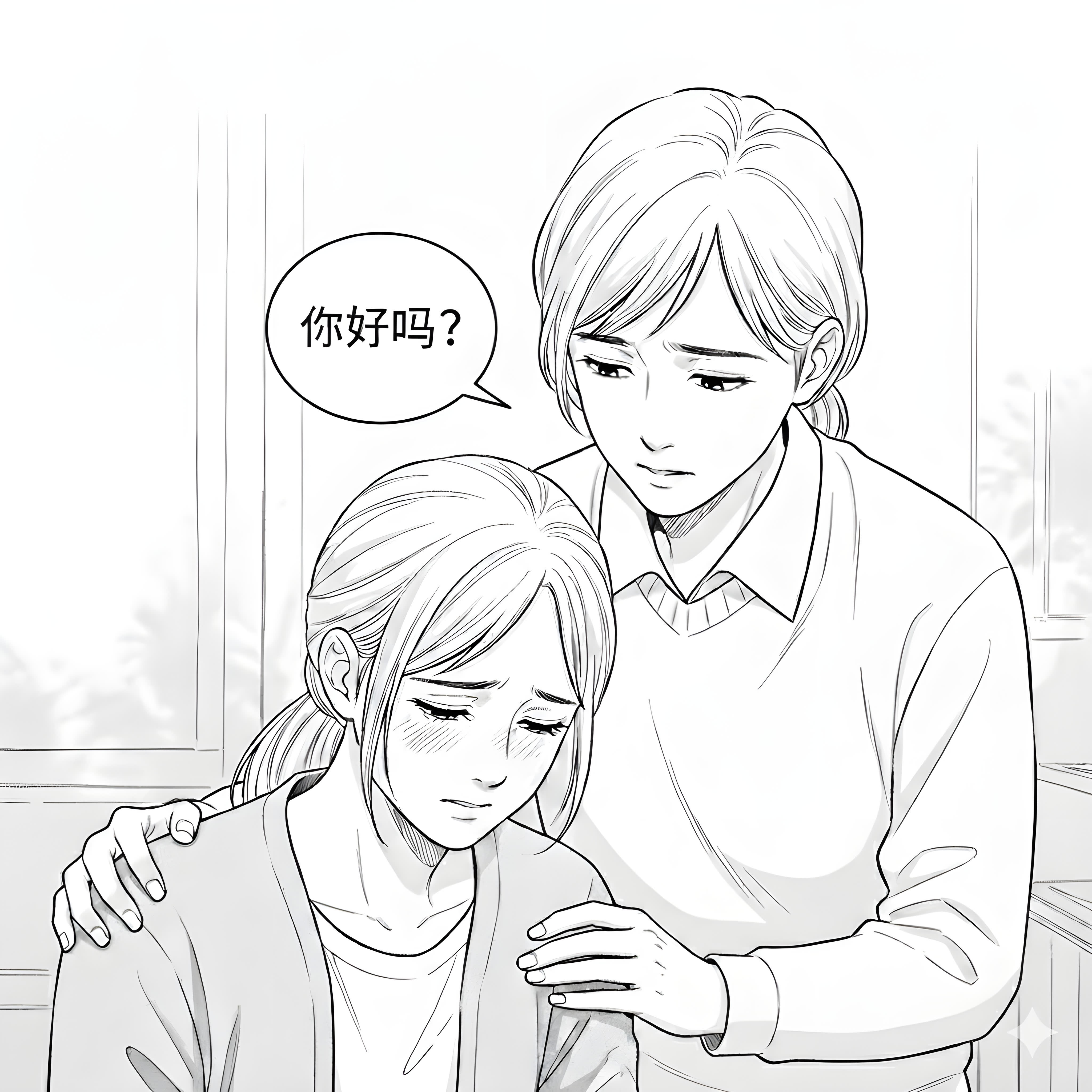Nihaoma
TL;DR
What does “Ni hao ma?” mean?
“Ni hao ma?” (你好吗?) literally means “How are you?” in Chinese, but it’s not used as a casual greeting like in English. Instead, it’s a genuine question about someone’s condition or health, best asked to friends. For everyday greetings, just say “Ni hao” (你好) or sometimes “Ni chi le ma?” (你吃了吗?, literally “Did you eat?”).

Today's Chinese characters:
你好吗
Maybe you think you know the meaning of the Chinese expression "Ni hao ma?".
In Chinese, "Ni hao ma?" is written 你好吗?* It means "How are you?" But, be careful, it might not be the "How are you" you think!
In this lesson, first we are going to see what 你好 ("Ni hao") means, then we will add 吗 ("ma") at the end...
| Character Knowledge Meter |
|---|
|
4.52%
Today with this lesson your knowledge of Chinese characters will reach 4.52% of all the Chinese language usage! |
Characters' Essentials

(singular)


Description and Examples
The meaning of: 你好!(Ni hao!)
It means "Hi!", "How do you do?", "Hello!" It is an everyday greeting and is used at any time, on any occasion and by a person of any social status. The reply should also be "你好! (Ni hao!)". |
How to say: How are you?—Part 1 Just add 吗 (ma) to the greeting formula "你好!" (Ni hao!) changing it into a question! How are you? 你好吗? (Ni hao ma?)
literally: You good吗? The meaning of: 你好吗?(Ni hao ma?) "你好吗?" (Ni hao ma?) actually differs from the English greeting "How are you?" in the way it is used. While the English "How are you?" is also an everyday greeting, in Chinese you should ask "你好吗?" (Ni hao ma?) only if you really want to ask about the state of health or condition of a friend. If you just want to greet a person, in this free Chinese course we will study how to do that the Chinese way. In the meantime, it's fine if you just say 你好! (Ni hao!) A little preview: In Chinese, a very common expression used to greet someone is "Did you eat?" (你吃了吗?Nǐ chī le ma?) that, I know, would sound strange if asked in English. The answer, in the English speaking world, maybe would be a surprised "Why?" Well, it's the same if we greet a Chinese person saying "你好吗?" (Ni hao ma?) The reaction would be something like "Sorry, I don't understand, I was not ill, I didn't survive any car accident, why are you asking me how I am?!?" Anyway, again, if we really want to ask a friend about her state of health or condition, "你好吗?" (Ni hao ma?) is the proper question to ask. Maybe we just need to move this expression from the "greetings" list to the "empathy" one. |
You're now ready to learn by heart your first dialogue—the simplest ever!
Dialogue 1
* "你好吗?" is simplified Chinese, while the equivalent traditional Chinese is "你好嗎?". For the difference between simplified Chinese and traditional Chinese, please click here.
Is there anything you want to ask me about this lesson?
That's all for today. I wish you like my website and go on clicking and clicking on its other sections! However, if you need personalized lessons and want to make your pronunciation perfect click here.







